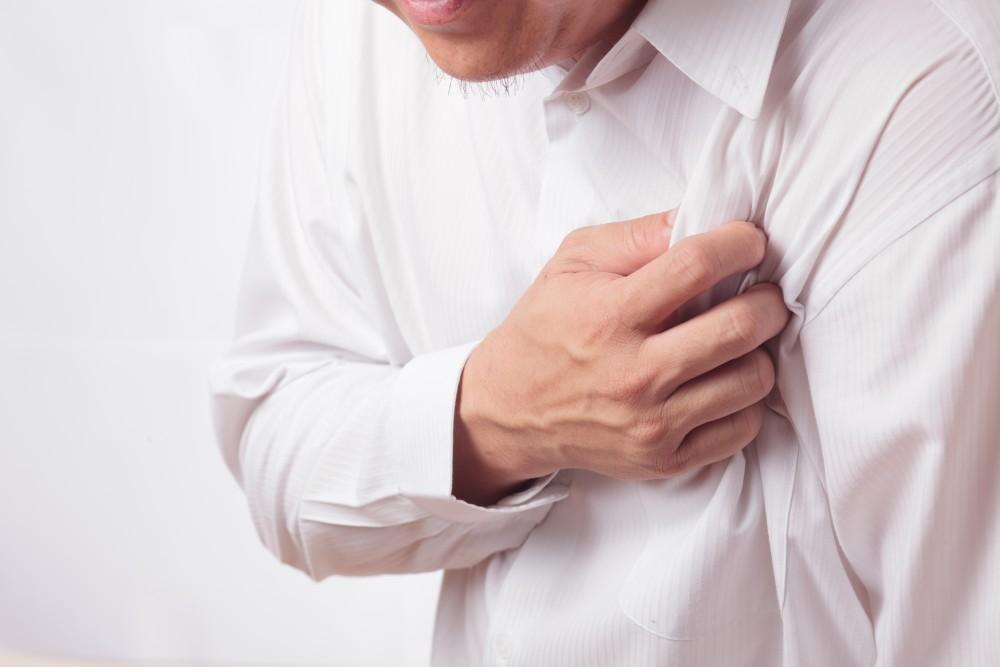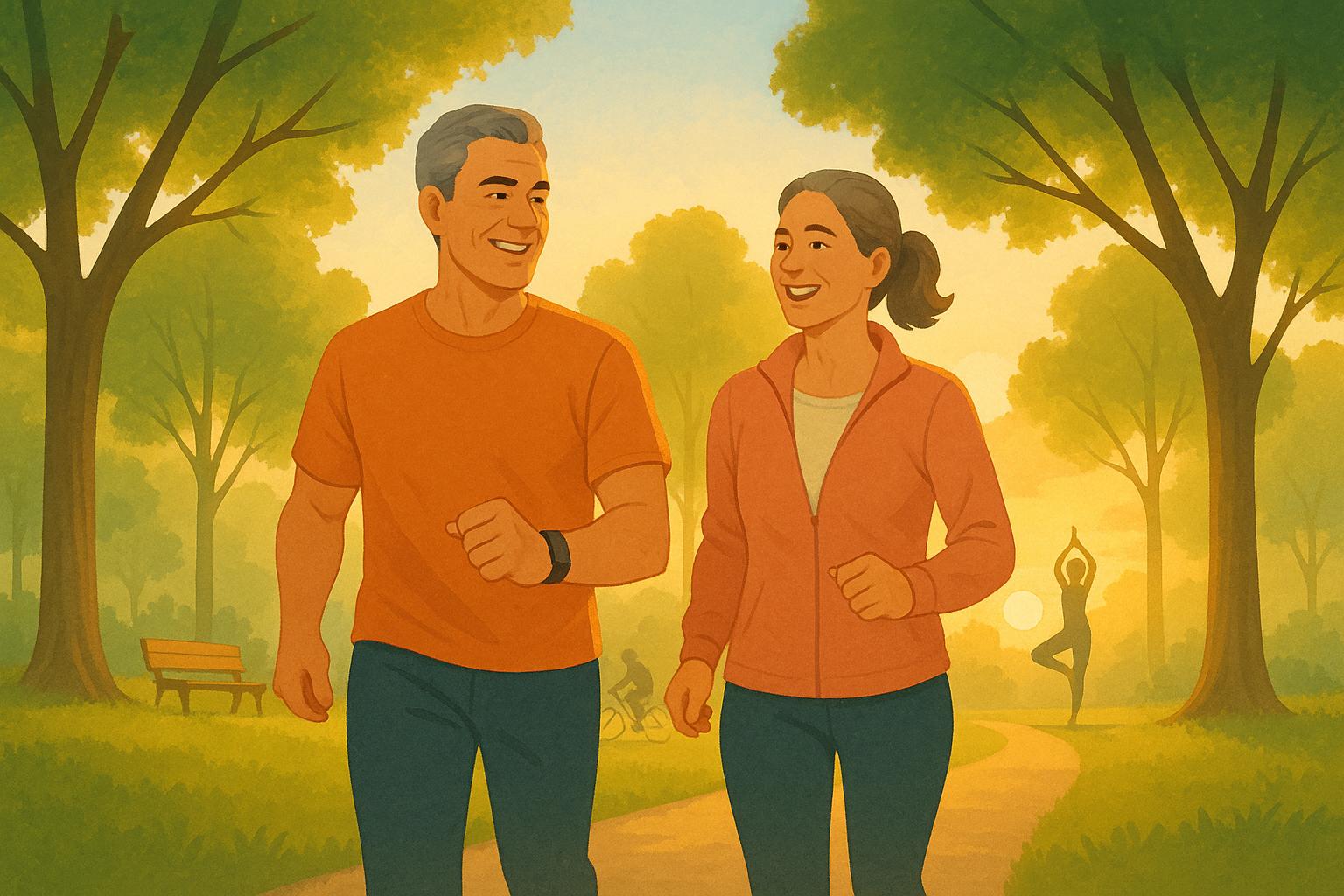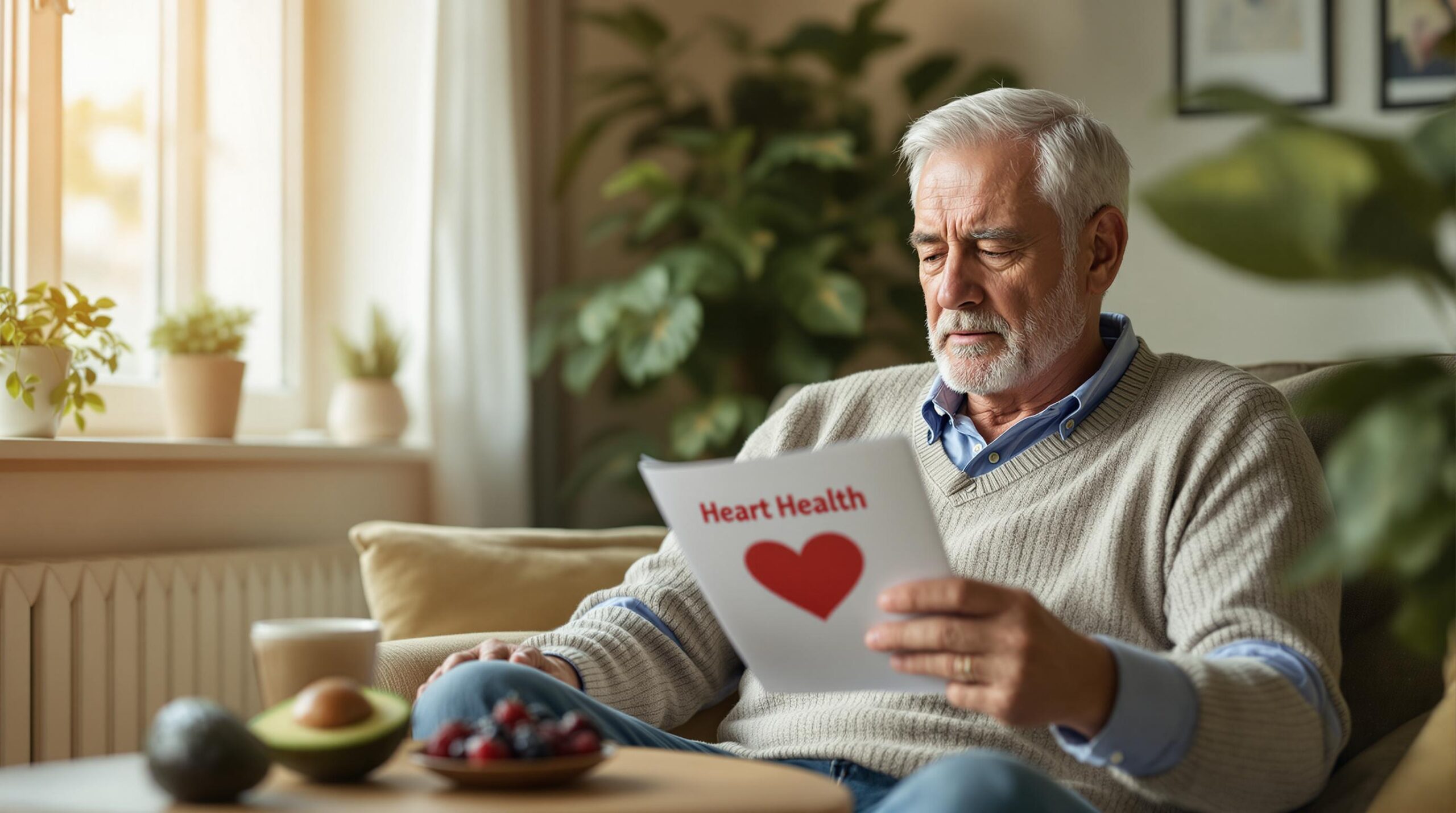A heart attack is a life-changing event that affects the person who has it, as well as everyone around them, including family and friends. If you’re like most heart attack survivors, you want to do everything you can to prevent having another. Your first step is to recover, and then learn how to keep yourself healthy and safe moving forward.
At Prime Heart & Vascular, we treat our patients holistically, which includes unique therapies, medicine, and lifestyle changes. Dr. Rishin Shah believes in the importance of prevention, and also in doing everything that can be done to heal your body. The goal is to give our patients the best chance at having long, healthy lives.
Heart attack risks
The same risks that may have lead to your initial heart attack can contribute to another if they aren’t addressed. While some things are out of our control, like genetics and getting older, there are other things we can work on. Some of the major risks for a heart attack that you can manage through lifestyle changes include:
- Smoking
- High blood pressure
- High cholesterol
- Obesity
- Diabetes
- Stress
- Drug use (especially stimulants)
Recovery dos
Dr. Shah determines your treatment program to reduce the risks of having another heart attack, which may include medication, lifestyle changes, and possible surgery. For a while after your heart attack, you’ll want to rest and regain your strength. Don’t be afraid to nap if you need to, but as soon as Dr. Shah gives the OK, getting back to physical activity is absolutely vital.
Most of what you need to do after a heart attack is covered in your cardiac rehabilitation program.
Do your exercises and physical therapy
If Dr. Shah has prescribed physical therapy for you, keep your appointments. If you’re going beyond that with more exercise, walking is a great activity that most patients can enjoy while they’re rehabbing and beyond.
Do try to reduce your stress
If you need help with stress reduction, we can point you in the right direction. Make time for family and friends, and get out and do things you enjoy. Watching funny movies is a great stress reliever.
Do follow your diet
We may ask you to make changes in your diet to get it on a healthier track. You may meet with a dietitian to help you learn a heart-healthy way of eating and how to make smarter food choices.
Recovery don’ts
There are a few things you shouldn’t do while you’re recovering from a heart attack.
Don’t use tobacco
If you smoked or used tobacco, don’t go back to it. If you need help with smoking cessation, ask Dr. Shah for help or a referral.
Don’t skip taking your medication
Be sure to take your medication as directed, and don’t skip any doses. If you need to, write down everything you’re taking to keep yourself organized, or put reminders in your smartphone. Ask Dr. Shah if you have any questions about your medications.
Don’t ignore your emotional health.
Don’t dismiss your emotional well-being or that of your family. Heart-attack patients often feel depressed, afraid, and perhaps even angry at their bodies for letting them down. Dealing with these feelings is important for your recovery.
Our team at Prime Heart & Vascular is here to make sure your prevention and recovery is thorough. Call one of our offices in Plano, Frisco, or Allen, Texas, or use the handy “book online” button to make an appointment as soon as you can.





